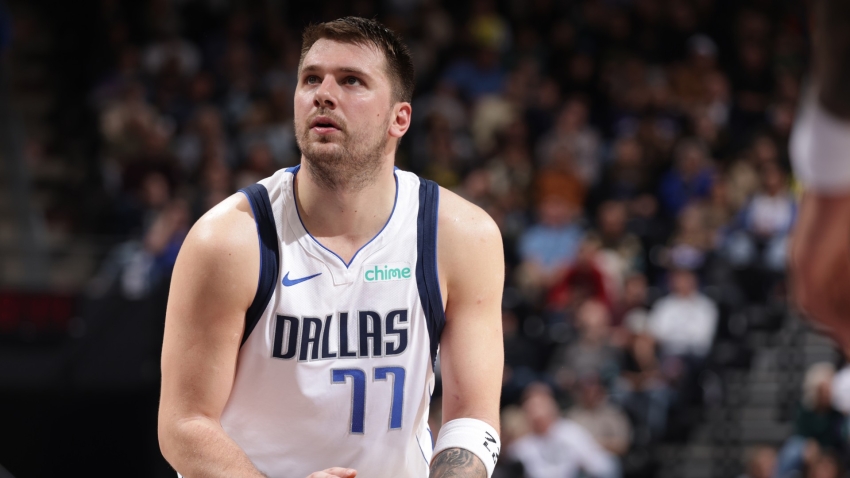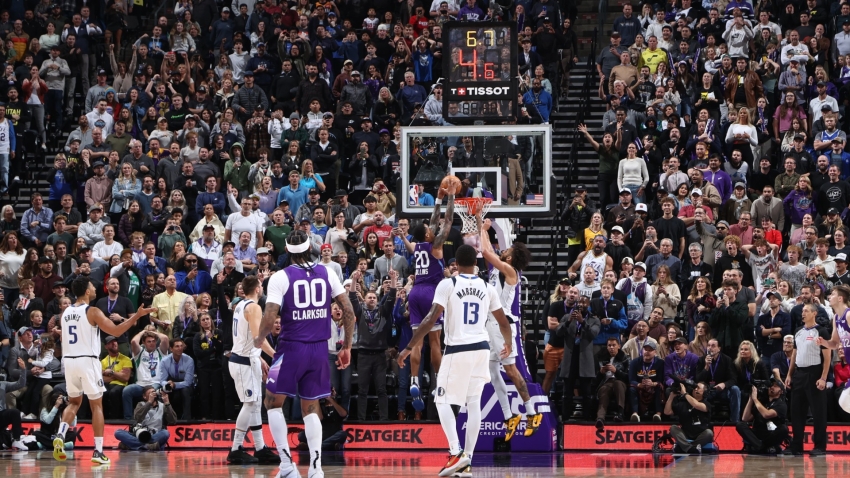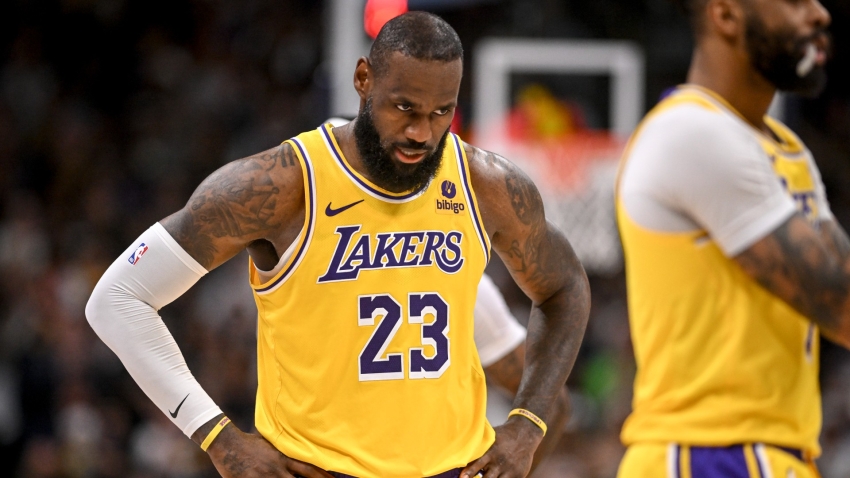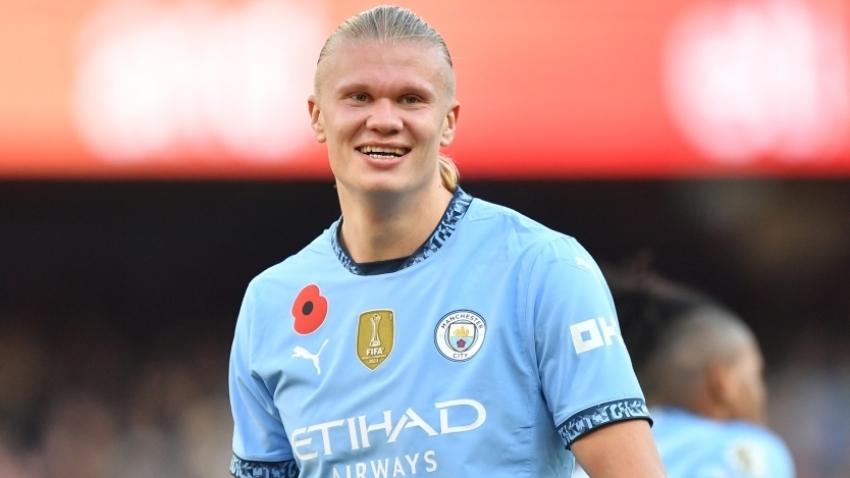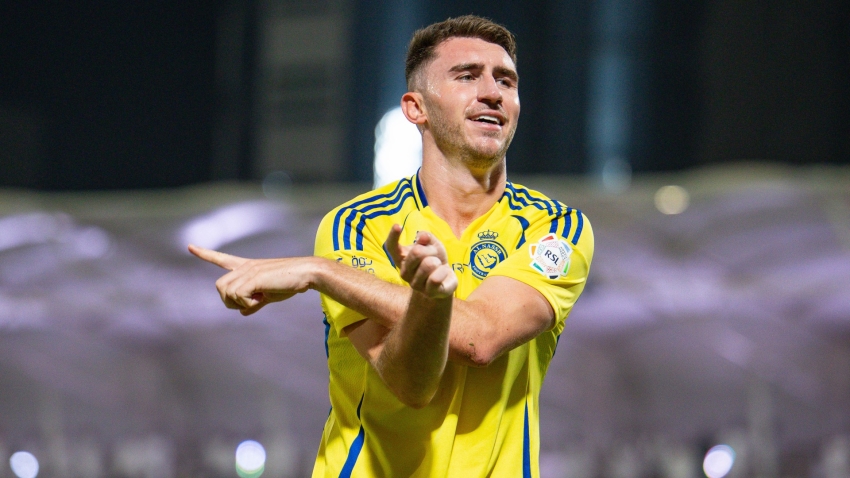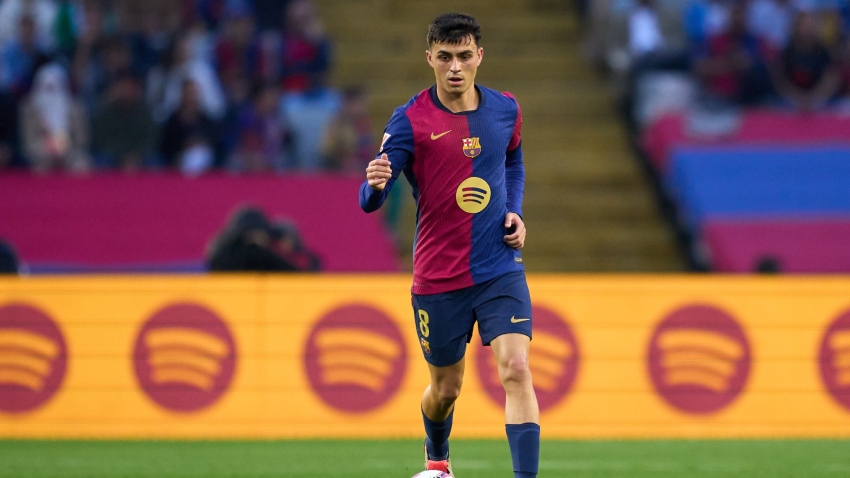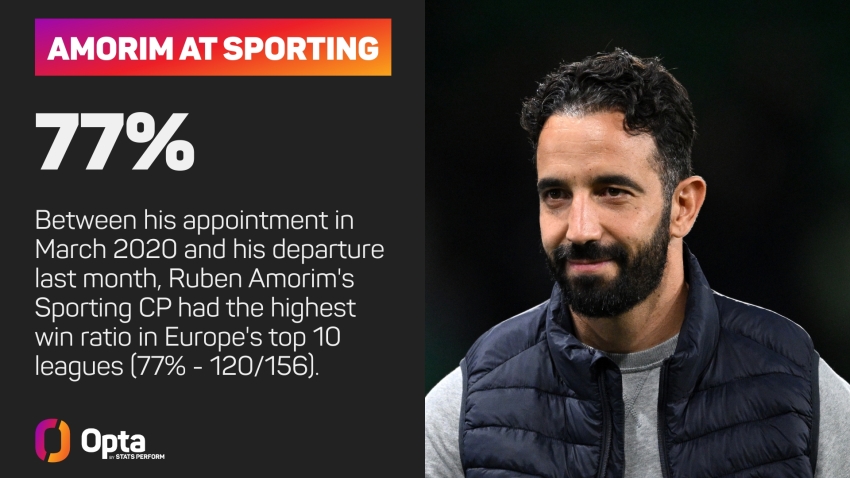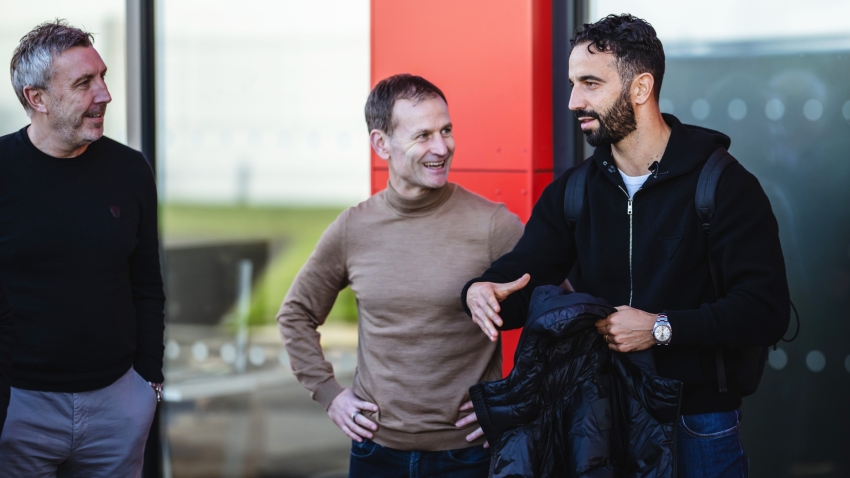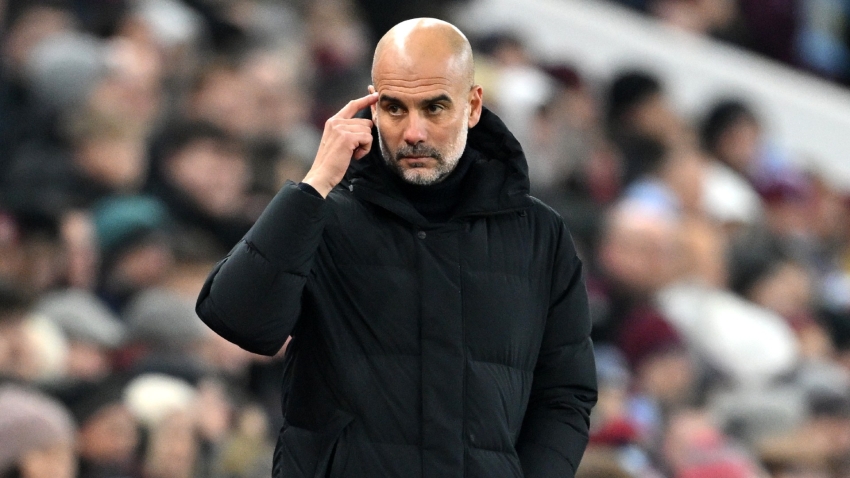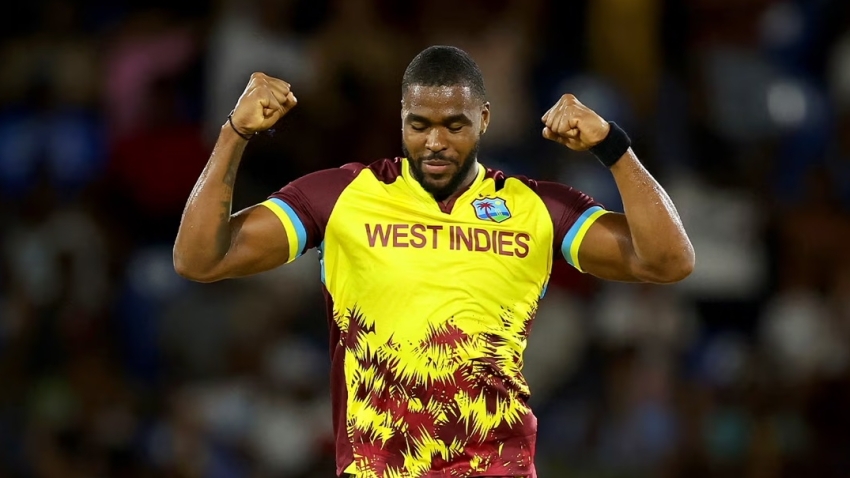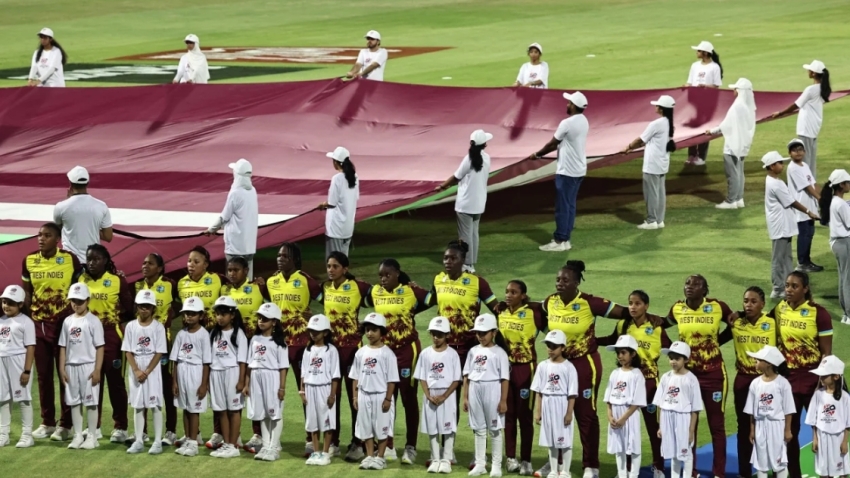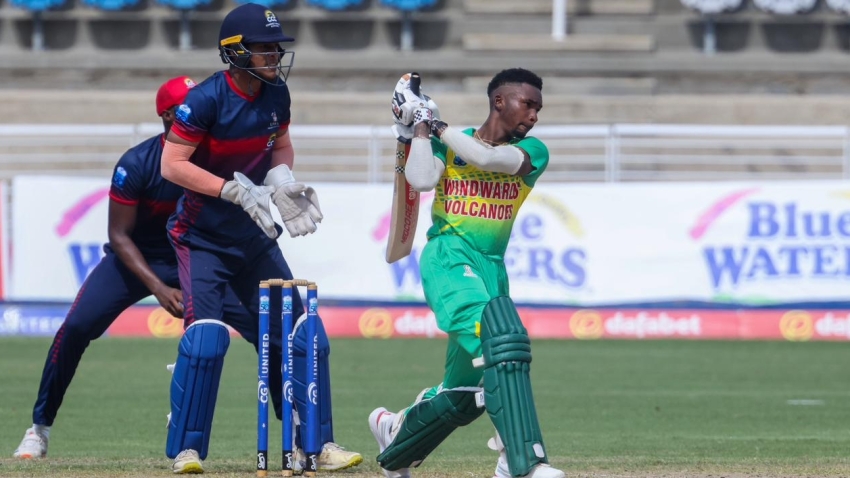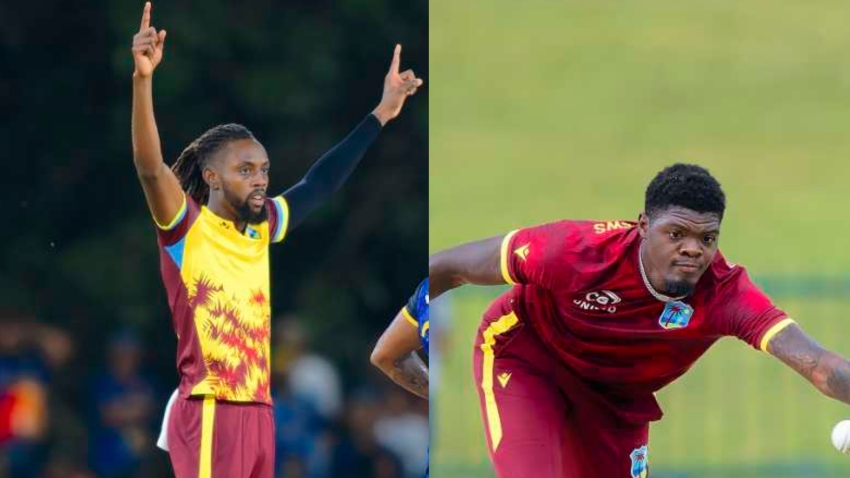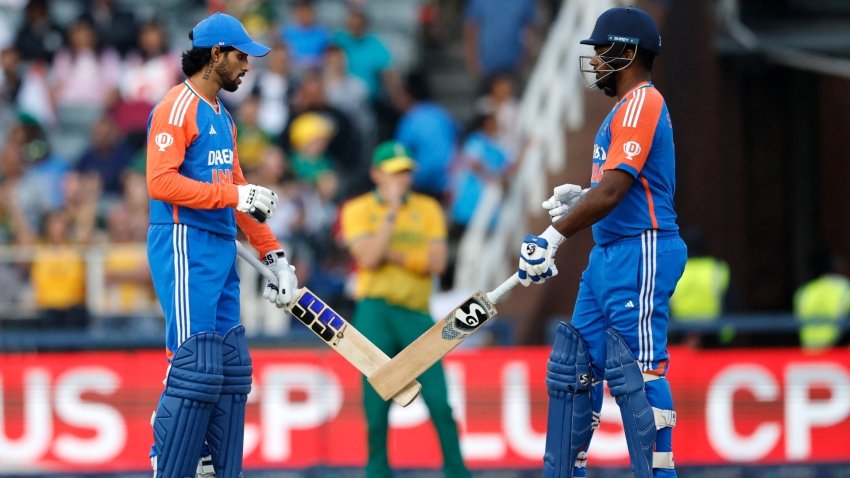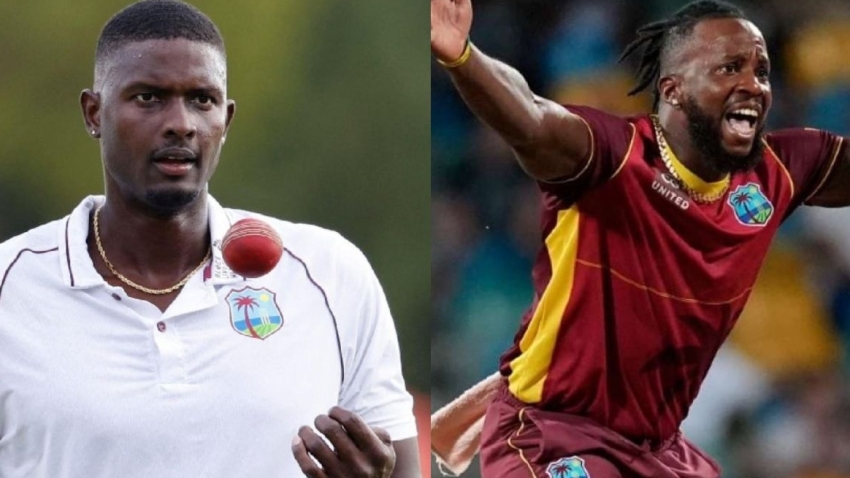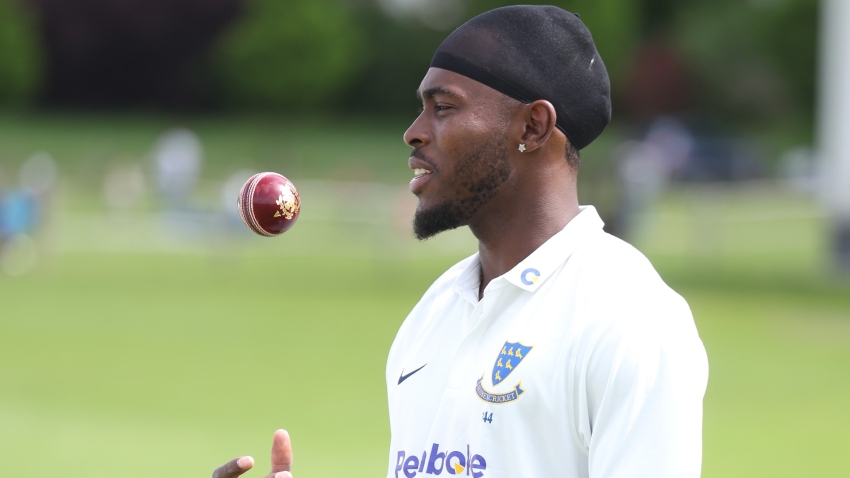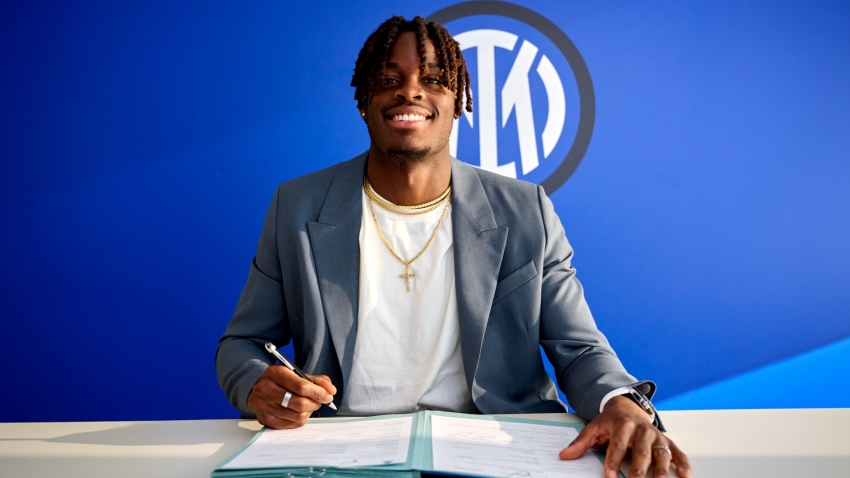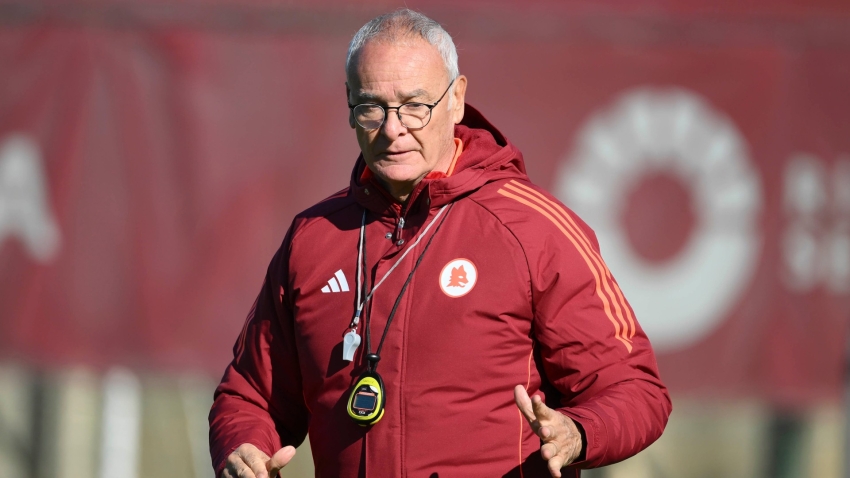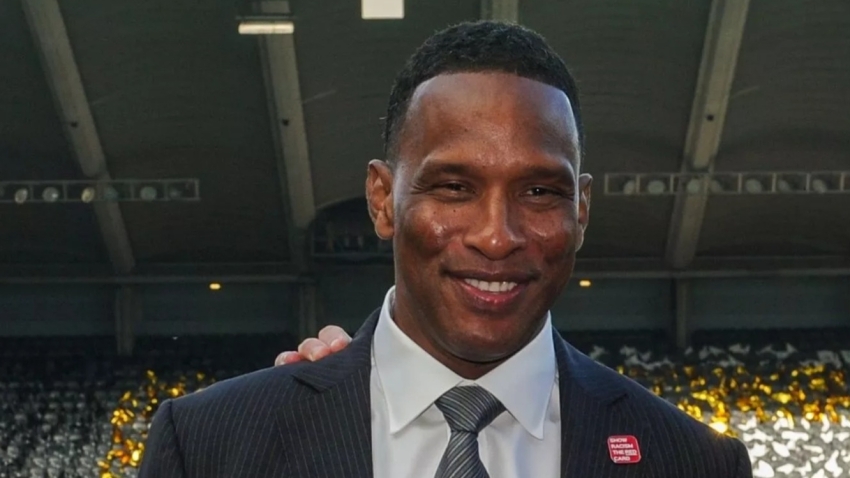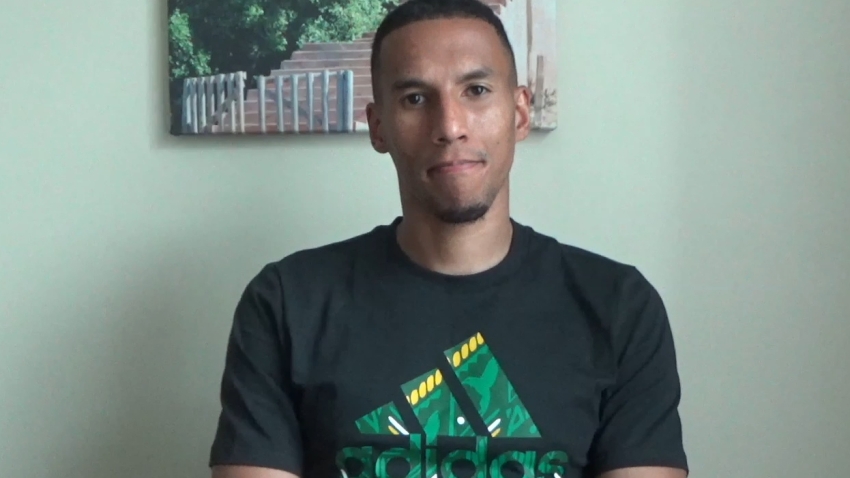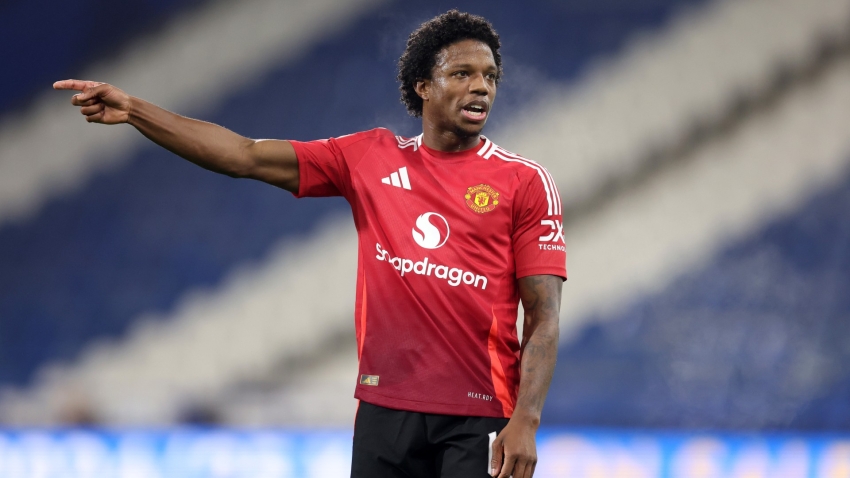Jose Mourinho declared a year in Rome has changed him as a man, saying: "I have become a much less egocentric person."
The Roma head coach delivered a trophy in his first season when the Giallorossi beat Feyenoord in the Europa Conference League final on May 25.
Mourinho will turn 60 next January and says his priorities are shifting. The self-declared 'Special One' retains a desire to be successful, but he claims he no longer worries about climbing the coaching ladder, which was once an obsession.
Having made his name as a Champions League winner with Porto, the Portuguese bossed Chelsea, Inter, Real Madrid, Manchester United and Tottenham before ending up at Roma.
Speaking on Friday at the Faculty of Human Kinetics, a part of Lisbon University, Mourinho told Portuguese reporters his debut season with Roma gave him a fresh perspective.
He made a point, when Roma triumphed 1-0 in the Tirana final, of holding up five fingers to signal his five European trophy successes: Porto's UEFA Cup and Champions League, Inter's Champions League, Manchester United's Europa League and Roma's cherished success.
Mourinho said he marked the occasion in such a way because he wanted to serve a reminder of his achievements down the years.
"The way I celebrated has only one reason: I'm not what I was, I'm not the young man worried about his ascent, growth and having to prove on a daily basis what he was," he said.
"I have become a much less egocentric person, who lives more for others than for himself and who is in a club that has no history of winning, with incredibly passionate fans."
He said the European victory for Roma "was our Champions League".
"Possibly my emotion at the end of the game was not only their joy, but also my taking a deep breath, because for two months I had been hearing every day, 'Please bring the cup, please bring the cup'," Mourinho said, quoted widely in the Portuguese media.
"I was happy as ever because the club is huge. But winning there is a sad story. Great players and coaches passed through Roma, but winning there became culturally difficult."
Mourinho spoke of how mentor figure Manuel Sergio, a former visiting professor in Lisbon, helped to shape his understanding of coaching.
"In 20 years of my career, Professor Manuel Sergio was always by my side and on the other end of the phone," Mourinho said. "He once told me that I did not coach football players and that doesn't exist, but that I used to train young people and men who play football.
"It may seem trivial, but it's great. This made me become a better person and a better coach. They'll have to put up with me for a few more years."


